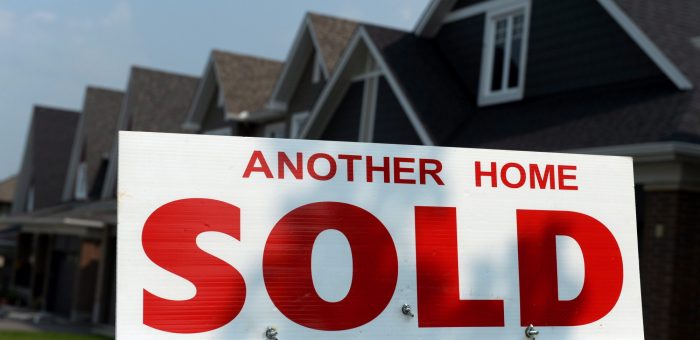Disappointing government housing plan still under construction
Today in the legislature I rose during Question Period to ask the Minister of Municipal Affairs and Housing about the government’s budgetary measures targetted at the demand side of our housing crisis. For months, we were told to wait for the comprehensive housing plan that the NDP promised was forthcoming. Now we have it.
As I expand upon in much greater detail in my response to the government’s 2018 budget, I am disappointed that the government’s plan did not take the comprehensive steps necessary to curb the inflow of offshore money from distorting our housing sector. Their timid response to our call for bold action is simply not enough.
I am even more disappointed with the “response” I got from the Minister of Municipal Affairs and Housing to my very simple questions.
Below I reproduce the video and text of our exchange.
Video of the Exchange
Question
A. Weaver: For months, we were told to wait for the comprehensive housing plan that the NDP promised was going to be forthcoming. Now we have it. While it’s encouraging that finally, we have a government that was willing to acknowledge that there’s a problem, I’m not entirely clear what outcomes this government is trying achieve with their plan.
In her housing plan, the Minister of Municipal Affairs and Housing says this. She wants to “stabilize” the market. My question to the minister is this. What does she mean by stabilizing, and what does stabilization actually look like?
Answer
Hon. S. Robinson: I want to first of all thank the member, the Leader of the Third Party, for the question, because it’s a pleasure for me to stand up in this House and talk about, finally, how British Columbians have a government that’s paying attention to this housing crisis. For far too long, people have been neglected in this province. I’m very proud to represent this government on the housing file.
I think it’s really important to recognize that people need to be able to find housing that is appropriate for their families. We have so many families that are living in basement suites — three children and parents living in substandard housing. That’s unacceptable, and those people need to be able to find the housing that they need.
We also have seniors who are really struggling every month to make their ends meet. We have seniors who are choosing to not pay for medications because they can’t afford their rent.
And that, with this effort, with the efforts of this 30-point plan, will be making a difference for seniors, will be making a difference for women fleeing violence, will be making a difference for people who are Indigenous, will be making a difference for families throughout this province.
Supplementary Question
A. Weaver: Well, I must admit, that’s a fascinating definition of stabilization, if you ask me.
The budget spoke of stabilizing demand and bringing down the cost curve of housing costs. Let’s be clear what stabilizing the market actually looks like. Between 2015 and now, just three years, the average price of a home in greater Vancouver increased by 60 percent to $1.6 million. The average price of a condo increased 70 percent to $665,000. It’s a similar story throughout British Columbia.
Stabilizing the housing market at present levels leaves home prices distantly out of reach for the vast majority of British Columbians, especially families with young children. The government’s own revenue projections back this up. They reveal that government doesn’t believe
HSE – 20180221 PM 009/JEB/1410
percent to $665,000. It’s a similar story throughout British Columbia.
Stabilizing the housing market at present levels leaves home prices distantly out of reach for the vast majority of British Columbians, especially families with young children. The government’s own revenue projections back this up. They reveal that government doesn’t believe their measures are actually going to have a real impact on housing prices. The government has projected property transfer tax revenues to go up and the speculation tax to come in at $200 million, both next year and the year after.
My question, again, is this: how does the minister square this circle? How can government project increased revenues from the housing market while promising to decrease demand and reduce housing costs?
Answer
Hon. S. Robinson: Let’s be really clear. We have just announced the largest investment in affordable housing in B.C.’s history. We have brought in more than a dozen measures to address speculation in our market. That’s a significant amount.
We have been saying all along that the one-offs that the old government did were not how you address a significant problem like this. Thirty different actions are going to be taken by this government. Thirty different pieces where we’re going to be working with local governments, with First Nations, with all kinds of partners who are very excited to work with a government committed to housing. That’s how we’re going to be addressing the housing crisis that we have here in this province.
Comments are closed.




